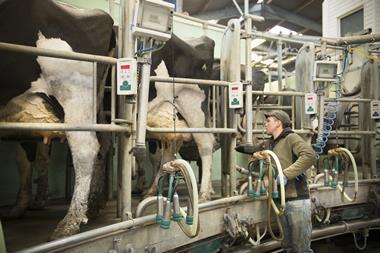
Supermarkets benefited from warm weather and a packed sports schedule to boost food sales in July, but warned it was not enough to fend off job losses and store closures.
Food sales grew 3.9% compared with the same month last year, according to the latest retail sales index from the British Retail Consortium and KPMG, above the 12-month average of 3.2%.
However, with food inflation now at 4.5% and sales boosted by major sporting events like Wimbledon and the Lionesses’ victory at the Euros, it suggests an underlying fall in demand as household budgets are squeezed.
Helen Dickinson, CEO of the BRC, said food sales did best at the start of the month before momentum fell off. “With sales growth at these levels, it is barely touching the sides of covering the £7bn new costs imposed on retailers at the last budget,” she said.
The BRC survey showed food was the best performer across retail as total sales grew by just 2.5%.
The retail trade body said fashion sold well early in the month but deteriorated as weather worsened, while homeware and indoor furniture grew steadily after last year’s decline.
Gaming and toys also sold well as nostalgic adults purchased products like Lego, Dickinson said.
Linda Ellett, KPMG’s UK head of consumer, retail and leisure, said food sales were boosted by the UK’s fifth warmest July on record, but with employment costs rising and inflation hitting both businesses and consumers, “it remains a challenging trading environment for many retailers.”
However, in a small consolation for food companies, trust in the industry rose three points, said Sarah Bradbury, CEO at the Institute of Grocery Distribution.
“A potential interest rate cut, and a sunny bank holiday could offer a much-needed boost at the end of the summer,” she added.
Three new surveys this week showed British companies are cutting back on hiring staff due to growing labour costs and concerns over higher taxes.
Only one in four employers are expecting to increase staff numbers over the next three months, with 16% planning to make cuts, according the Chartered Institute of Personnel & Development.
The organisation blamed higher labour costs and planned employment law changes, which will make it harder to sack new employees in their first two years.



















No comments yet